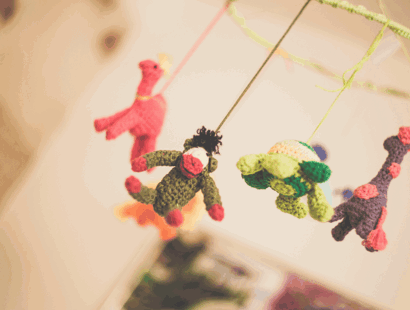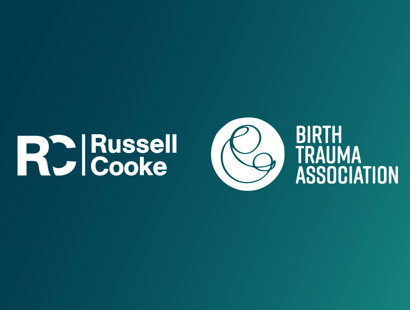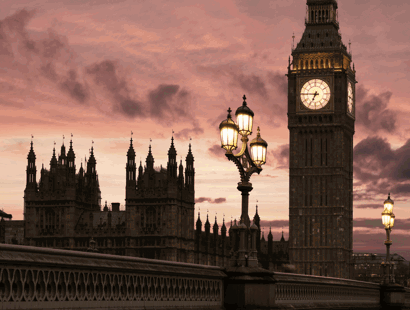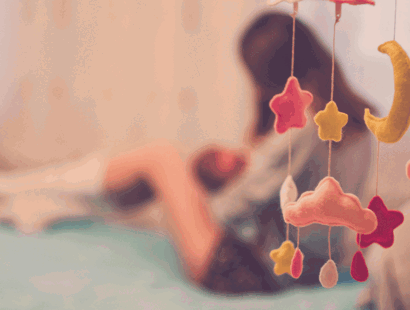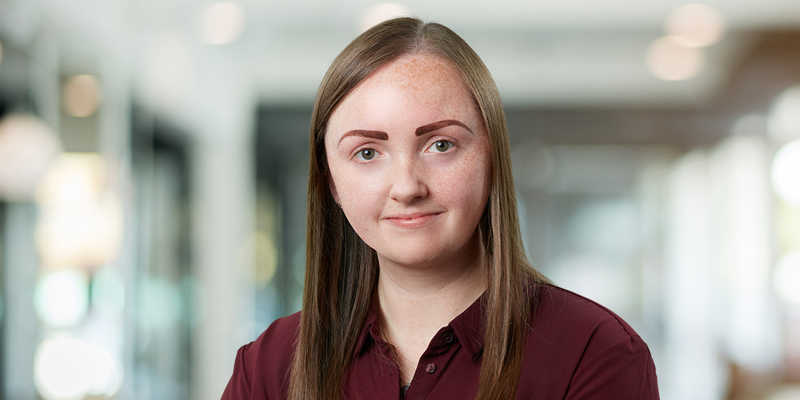
‘Age is just a number'—or is it?
Both older and younger women can experience disadvantage in maternity. In this blog, senior associate Amy Anderson looks at how age sometimes overlaps with other vulnerabilities to create barriers to good care.
Age plays an important part in pregnancy and birth – and can present a risk factor in childbirth at either end of the spectrum. Younger mothers are at higher risk of premature birth, low birthweight babies and complications such as pre-eclampsia or postpartum haemorrhage. Socioeconomic issues may also be significant, particularly, for example, in the case of teenage pregnancy, where there may be some safeguarding concerns. Older mothers face a higher risk of miscarriage or stillbirth, gestational diabetes and pre-eclampsia.
But how does age play into the discussion of inequalities in maternity care?
Age is a protected characteristic in the Equality Act 2010, which means it’s illegal to discriminate against someone on grounds of their age. Sometimes women find, however, that their age has an impact on the quality of care and support they receive during pregnancy and childbirth.
This year Birth Trauma Awareness Week (14-19 July) is focused on recognising inequalities in maternity care and speaking out about the additional barriers that marginalised groups experience.
Staff need to be trained to identify risk
Age, in and of itself, does not automatically create an inequality. But when age overlaps with other vulnerabilities, the risk of poor outcomes can become even greater.
Where there is a risk of inequality in healthcare, that risk should be recognised, considered and handled with the utmost care in order to ensure it does not go on to compromise patient safety. This means ensuring that staff are suitably trained to notice the known increased risks for both very young and older mothers, which can significantly impact the safety of mother and baby. Unless these women receive appropriate maternity care and support, these risks could go undetected and the time for acting upon them could be missed, leading to poor outcomes.
Women (or, in some cases, young girls) who are at heightened risk due to their age should be afforded adequate monitoring and support, ideally from a specifically trained or experienced midwife and/or consultant. The sooner specialist care is implemented, the stronger that relationship and support will be.
Engagement with women who are potentially at risk is essential. This means understanding their concerns and anxieties about pregnancy and childbirth. These may differ depending on age, as well as other background factors.
Women are having babies older
The latest statistics for England and Wales show that in 2023 the average age of women giving birth was at a record high: 30.9 years, compared with 27.3 years at the time that record-keeping began in 1964. Despite the upward trend in the age of giving birth, the statistics also show that about 40% of births were registered to mothers under the age of 30, while about a quarter of births were to mothers aged 35-39.
Young mothers treated less sympathetically
In May 2024, the All-Party Parliamentary Group on Birth Trauma published a report documenting over a thousand individuals’ experiences of birth trauma, Listen to Mums: Ending the Postcode Lottery on Perinatal Care (2024). You can read our prior article detailing our full summary of the report and its findings.
Some of the inquiry submissions suggested that young mothers were treated less sympathetically because of their age.
Not being listened to and being dismissed is another theme running through the report. For example, the inquiry heard that a number of women had reported having their request for a caesarean section denied, either before or during labour. Age, education, and knowledge based on lived experience (such as previous pregnancies) may influence whether women are aware of the right to request a caesarean birth, and the timing and outcome of any such requests.
Whilst these concerns were not confined to any one age group of participants, marginalised groups are arguably at even greater risk of not having their voices heard.
One of the recommendations made in the report was to introduce specialist midwives for young parents, who “understand the intersection with other vulnerabilities, such as deprivation or care experience”. For example, the inquiry heard that young women who have been through the care system are three times more likely to become mothers by the age of 18.
There is evidence online that some NHS Trusts now have dedicated teams for helping young people, and in some cases specifically teenagers, through pregnancy. It would be interesting to know how effectively these frameworks are being implemented in practice. It is reasonable to assume that the more widespread these specialist services become, the better equipped young people should be in navigating pregnancy and childbirth.
Birth Trauma Awareness Week
Women of all ages and from all backgrounds experience maternity and perinatal care differently, and too many are left traumatised by their birth experience. Age is just one factor that could potentially have a bearing on women’s experiences of maternity care, at both ends of the spectrum.
We must listen to and learn from the experiences of marginalised groups speaking up and telling their stories. By spotlighting different examples of inequality in maternity care during Birth Trauma Awareness week 2025, the Birth Trauma Association is aiming to give a voice to communities that feel unheard; to amplify their stories and push for change.
This content was also shared on LinkedIn by the Birth Trauma Association.
Amy Anderson is a senior associate in the personal injury and medical negligence team. She regularly handles claims against hospital trusts, GPs, private clinicians and other healthcare providers and has a special interest in birth injury and maternal damage claims.
Get in touch
If you would like to speak with a member of the team you can contact our medical negligence solicitors by telephone on +44 (0)20 3826 7517 or complete our enquiry form.

